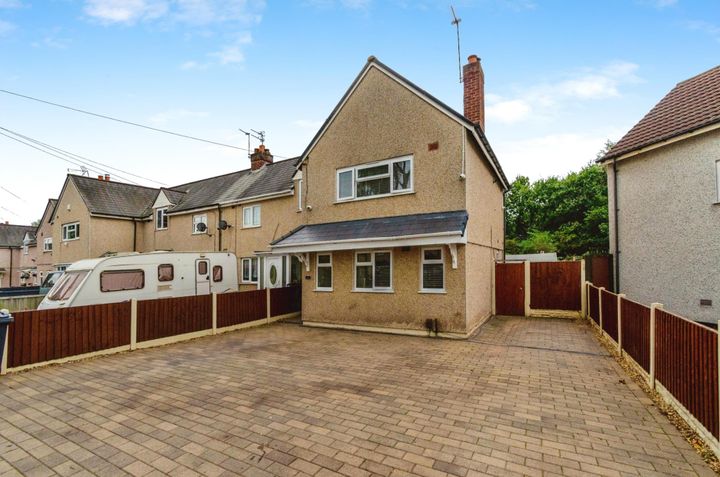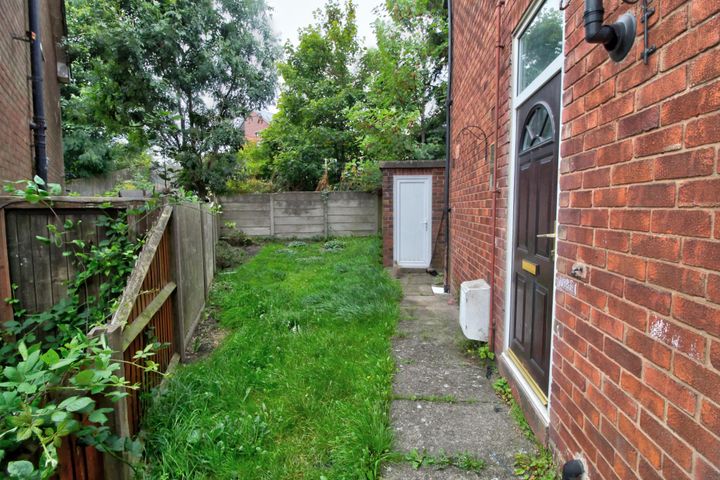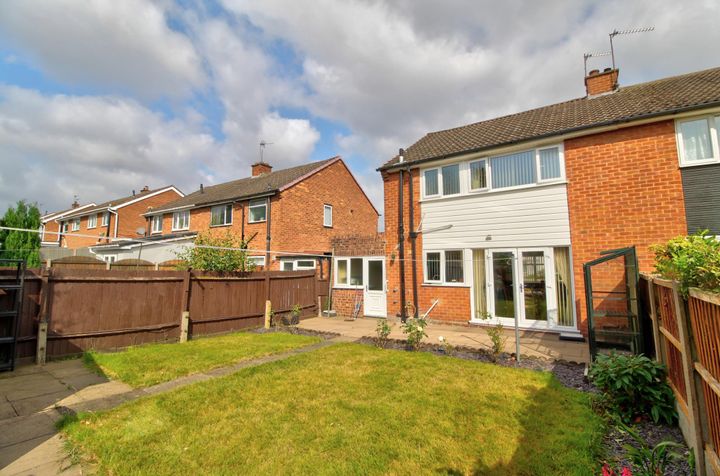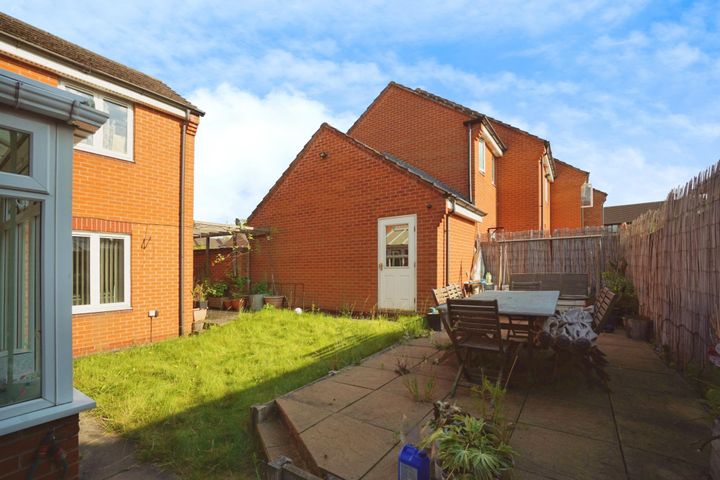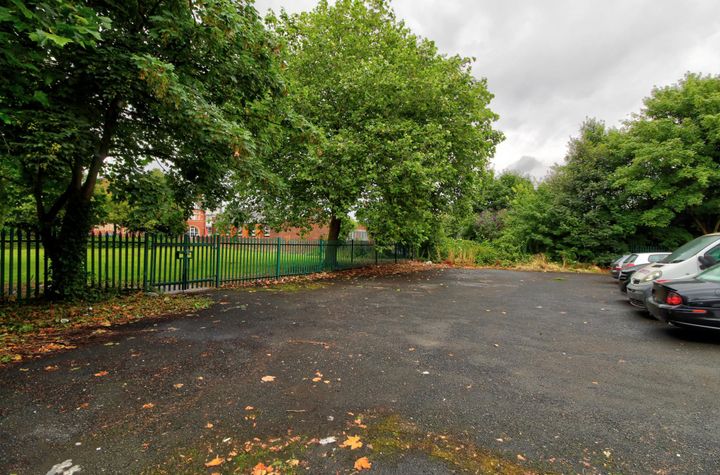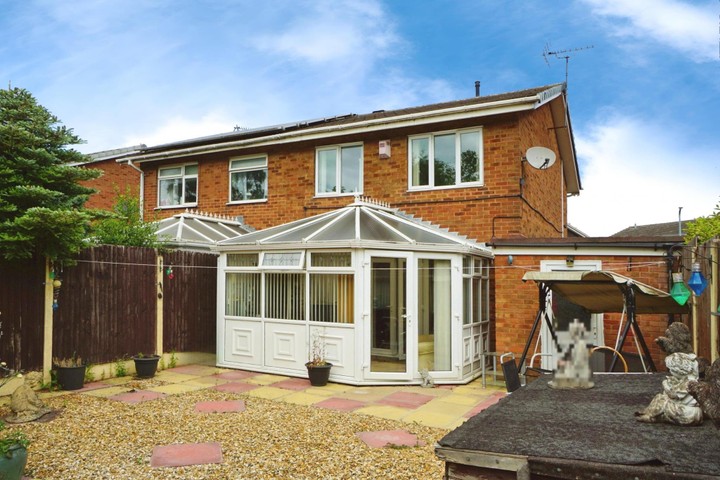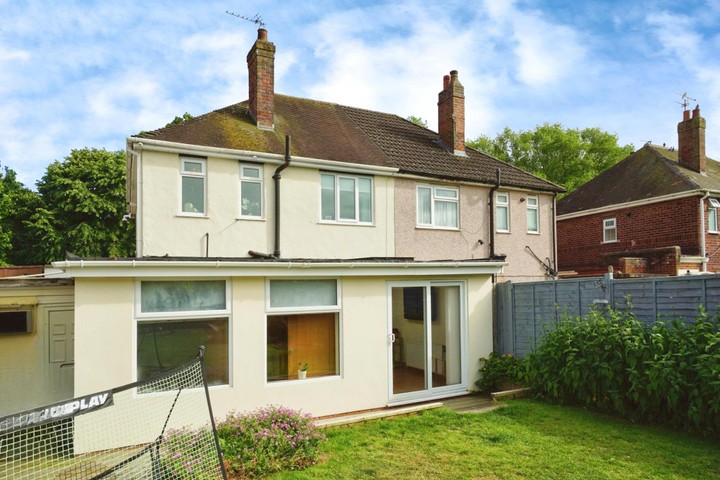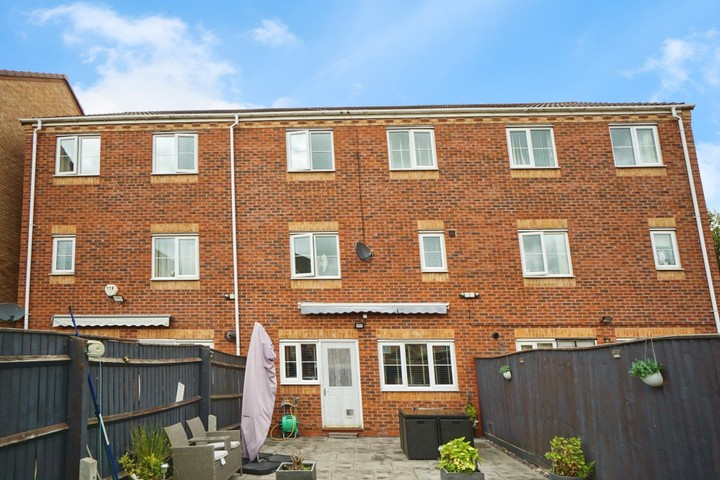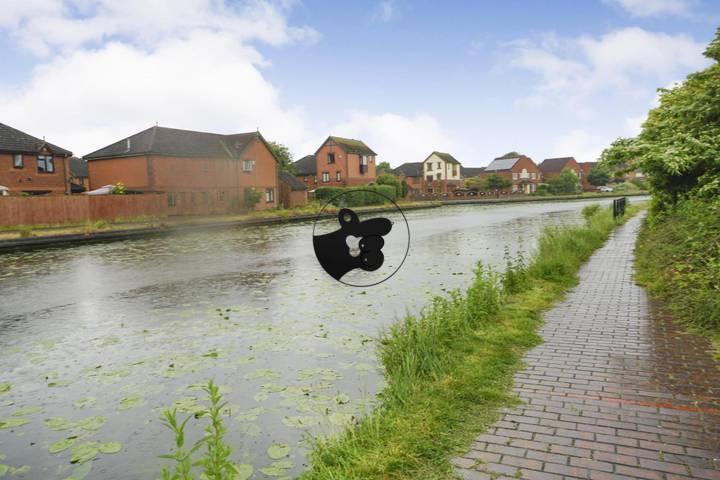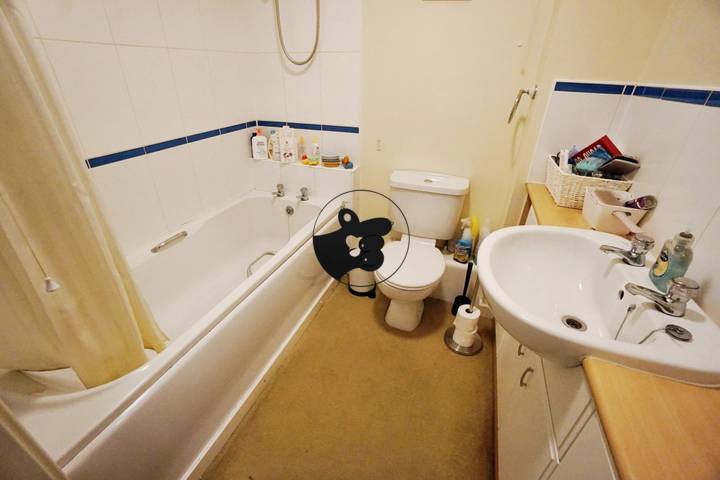Several factors influence real estate prices in Tipton, including location, local amenities, and market demand. Properties close to transport links, such as the West Midlands metro system and railway stations, tend to command higher prices due to the ease of commuting to Birmingham and other major cities. Additionally, the presence of schools, parks, and shopping facilities can enhance property values; for instance, homes near Tipton's historic High Street, which features a variety of shops and restaurants, typically see increased interest. Economic factors, like employment opportunities in nearby industrial areas and the overall health of the housing market, also play a crucial role; for example, a recent development of new housing estates can create a surge in demand, subsequently driving prices up. Moreover, the condition of the housing stock, including age and maintenance of properties, can significantly affect pricing, as newer, well-maintained homes often attract higher offers compared to older properties needing renovation.
Tipton
Location
Price Range
Any price
Price Range
Minimum
No min
Maximum
No max
Property type
Show all
Property type
Show all
House
Apartment
Building
Other
Bedrooms
Any beds
Bedrooms
Minimum
No min
Maximum
No max
Surface Range
Any surface
Surface Range
Minimum
No min
Maximum
No max
Sale type
For sale
Sale type
Show all
To rent
For sale
Location
Apartments and houses for sale in Tipton
11 results
Recent
Tipton insights
| Aspect | Summary |
|---|---|
| Population | 36,000 |
| Average Property Price | £210,000 |
| Rental Yield | 5.5% |
| Average Rent | £975 |
| Occupancy Rate | 92% |
| Capital Growth Rate | 2.8% |
| Property Tax | 1.2% |
| Transaction Costs | 3% of property price |
| Expected ROI | 7.5% |
| Economic Growth Impact | Positive, with local industries expanding |
Tipton FAQ
What factors influence real estate prices in Tipton?
How has the real estate market in Tipton changed over the years?
The real estate market in Tipton has undergone notable changes over the years, influenced by both local and broader economic factors. With the increasing demand for housing in the West Midlands, property prices in Tipton have steadily risen, with average house prices increasing from around £100,000 in 2010 to approximately £180,000 in 2023. This shift has attracted both first-time buyers and investors seeking more affordable options compared to nearby towns like Wolverhampton and Birmingham. Additionally, developments like the Tipton Green regeneration project, which includes new affordable housing and improved amenities, have further stimulated interest in the area. The market has also seen a rise in rental demand due to an influx of young professionals attracted to the town's transport links, such as the nearby M5 motorway and Tipton railway station. Overall, these changes reflect a dynamic real estate landscape as Tipton adapts to the evolving needs of residents and investors.
What is the average price of homes in Tipton?
The average price of homes in Tipton, a town in the West Midlands of the United Kingdom, typically hovers around £180,000 to £220,000, depending on the property type and location within the area. For instance, a two-bedroom terraced house might sell for approximately £160,000, while a three-bedroom semi-detached home could be priced around £230,000. Larger properties, such as four-bedroom detached houses, can reach upwards of £300,000. The local real estate market reflects a blend of affordable options and some more premium listings, often featuring proximity to amenities and transport links. Factors such as condition, size, and neighborhood desirability contribute significantly to variations in home prices in Tipton.
Are property prices in Tipton affected by the local economy?
Property prices in Tipton are indeed influenced by the local economy, which encompasses factors such as employment rates, average income, and the overall health of nearby industries. For instance, if businesses in the area, such as the manufacturing plants that have historically been significant in the Black Country, are thriving, there tends to be higher demand for housing as more people seek to relocate for job opportunities. Conversely, a downturn in the economy, perhaps due to plant closures or a reduction in employment opportunities, can lead to a surplus of housing stock and a subsequent drop in property prices. Additionally, local government investments in infrastructure, like the redevelopment of transport links or community facilities, can boost property values, as better accessibility often attracts new residents and businesses to the area. The presence of schools, parks, and amenities also plays a role, as families may prioritize these when considering an area to live, thereby affecting the demand and, consequently, property prices in Tipton.
How do school districts impact real estate prices in Tipton?
School districts play a significant role in shaping real estate prices in Tipton, as families often prioritize access to quality education when selecting where to live. Properties located within highly-rated school catchment areas tend to command higher prices due to increased demand from parents wanting to secure a place for their children in reputable schools. For example, homes near Tipton's well-regarded schools like Tipton Green Junior School and The Meadows School often see a price premium compared to those in areas with lower-rated educational institutions. Additionally, the performance of schools, as reflected in Ofsted ratings, directly influences buyer perceptions; families may prefer neighborhoods surrounding schools that have consistently received good ratings, such as the recently rated "Good" schools in the region. Furthermore, investing in property within these desirable school districts might be viewed as a safeguard against market fluctuations, as the demand for homes in these areas tends to remain steady, even during economic downturns.
What are the trends in commercial real estate prices in Tipton?
Recently, commercial real estate prices in Tipton have been witnessing a notable increase, driven primarily by a surge in demand for industrial spaces and retail properties. In particular, areas near the Black Country Route and the M6 motorway have become hotspots for logistics and warehousing operations, attracting businesses that benefit from easy access to major transport links. For instance, vacant units in these areas, once priced around £5 per square foot, are now fetching upwards of £7 due to competitive bidding among companies looking to establish distribution centers. Meanwhile, traditional retail spaces along the High Street have seen mixed results; some properties have experienced price stagnation, while others, particularly those in prime locations, are commanding higher rents as local artisans and independent shops seek to capitalize on community interest in supporting local businesses. The impact of ongoing urban regeneration projects is also contributing to price volatility, as new developments are aiming to attract both investment and residents, further influencing the commercial market dynamics in Tipton.
How does the condition of a property affect its price in Tipton?
The condition of a property in Tipton significantly impacts its price, largely due to the local housing market's responsiveness to aesthetics and functionality. For instance, properties that are well-maintained—featuring modern kitchens, updated bathrooms, and fresh paint—tend to attract higher offers; buyers are often willing to pay a premium for move-in-ready homes. Conversely, a property in disrepair, such as one with outdated wiring, leaking roofs, or crumbling façades, typically sees a lower valuation. An example is a three-bedroom semi-detached house with a newly renovated interior that can command a price upwards of £200,000, while a similar property requiring extensive work might be listed closer to £160,000. Additionally, homes with well-kept gardens and energy-efficient upgrades are more appealing, further enhancing their market value compared to those lacking curb appeal or necessary improvements.


